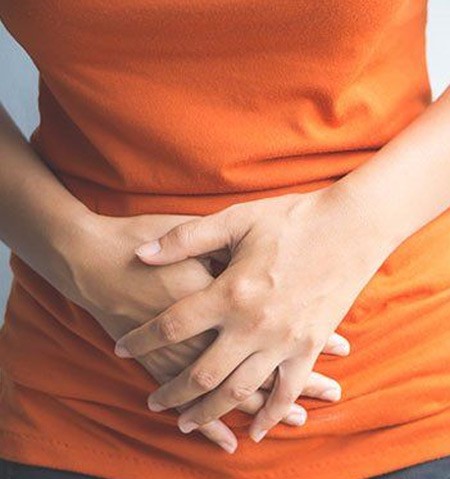Polycystic ovarian syndrome (PCOS) is a condition characterised by the presence of multiple cysts (small sacs filled with fluid in the ovaries). It is one of the most common causes of infertility in women. Women suffering from PCOD experience an imbalance in the hormones oestrogen and progesterone. This results in acne, elevated levels of insulin or diabetes, excess facial and body hair (Hirsutism), high blood pressure, increased levels of male hormones (androgens) and infrequent or absence of menstrual cycle.
Controlling the symptoms and managing the condition to prevent complications is the first line approach in the treatment of PCOS. Dietary modifications and regular exercise is recommended for all women suffering from this condition, particularly those who are overweight. This can help in regulating your menstrual cycle along with managing blood glucose levels.


Dietary Approach towards PCOS
The diet should comprise of whole grains like wheat, jowar, ragi, bajra, oats etc instead of refined cereals like maida & its products [white bread, pizza, burger].
Include foods with low glycemic index as it would prevent insulin spikes and increase in the blood glucose levels after eating.
Consume high quality proteins like fish, eggs, chicken, lean meat to help keep your hormones normalized. Dals & legumes up to 2-3 servings per day will cause a slow rise of blood sugar.
Combine some protein and dietary fiber with the carbohydrate (starch or fruit). This will slow the release of sugar from the carbohydrate in the bloodstream. For example, go for an egg wrap with whole wheat chapatti as a base.
The dietitian or the healthcare provider will help you evenly space out the day’s carbohydrate requirement so that there no sudden surges in insulin and sudden increase in blood sugar level.
Diet high in saturated and fatty foodstuffs has been connected to insulin resistance and obesity. Hence, increase intake of omega-3 fats in your diet. Sources include fish, nuts like walnuts, fenugreek seeds, flaxseeds, soybean oil, and mustard oil.
Eat slowly and chew your morsels, don’t be in a hurry to complete your meal. Take at least 15-20 minutes to complete your meal. If you feel hungry then go in for a second helping.
Dehydration can disturb the hormonal balance. Water facilitates the elimination of excess hormones and toxins from the body. Hydrate yourself with 1.5-2 litres/day of water. BEWARE! Carbonated beverages, aerated drinks and caffeine-rich beverages cause water-loss from your body.
Research studies have shown that adding cinnamon to a carbohydrate meal disrupts the insulin response after the meal is consumed.

